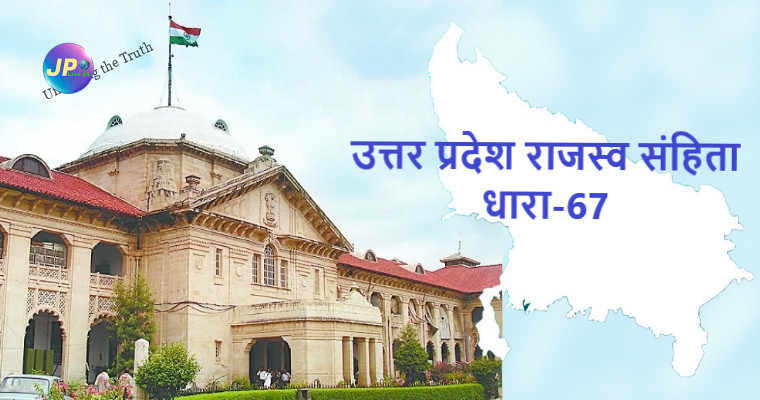“This Court is unable to accept the view propounded by the courts below and is of the considered opinion that the civil court lacks jurisdiction to entertain a suit structured on the provisions of the Industrial Disputes Act “ the bench said.
A Civil Court lacks jurisdiction to entertain a suit structured on the provisions of the Industrial Disputes Act-1947, the Supreme Court said on Friday while dismissing an appeal filed by a man challenging an order on his termination.
A bench comprising of Hon`ble Justice R Subhash Reddy and Hon`ble Justice Hrishikesh Roy said civil courts may have limited jurisdiction in service matters, but jurisdiction may not be available to the court to adjudicate on orders passed by disciplinary authority.
“This Court is unable to accept the view propounded by the courts below and is of the considered opinion that the civil court lacks jurisdiction to entertain a suit structured on the provisions of the Industrial Disputes Act “ the bench said.
The top court said that authorities specified under the ID Act including the appropriate government and the industrial courts perform various functions and the ID Act provides for a wider definition of “termination of service”, the condition precedent of termination of service.
“The consequences of infringing those are also provided in the Industrial Disputes Act-1947. When a litigant opts for common law remedy, he may choose either the civil court or the industrial forum,” the bench said.
Referring to its earlier decisions, the bench said when the civil court has no jurisdiction, the decree passed in those proceedings can have no force of law.
“As can be seen from the material on record, the challenge to the termination was founded on the provisions of the INDUSTRIAL DISPUTE ACT-1947. Although a jurisdictional objection was raised and a specific issue was framed at the instance of the employer, the issue was answered against the defendant,” it said.
“Consequently, the appeal is found devoid of merit and the same is dismissed,” the bench said.
However, considering the hardship to the terminated employee, the arrears sum paid to him pursuant to the court’s decree, should not be recovered, the bench said.
- As can be seen from the material on record, the challenge to the termination was founded on the provisions of the ID Act. Although jurisdictional objection was raised and a specific issue was framed at the instance of the employer, the issue was answered against the defendant. This Court is unable to accept the view propounded by the courts below and is of the considered opinion that the civil court lacks jurisdiction to entertain a suit structured on the provisions of the ID Act. The decree favoring the plaintiff is a legal nullity and the finding of the High Court to this extent is upheld.
- Consequently, the appeal is found devoid of merit and the same is dismissed. However, considering the hardship to the terminated employee, the arrears sum paid to him pursuant to the court’s decree, should not be recovered. It is ordered accordingly. The parties to bear their own cost.
The top court was hearing an appeal filed by Milkhi Ram, a daily wage employee under the Himachal Pradesh State Electricity Board, whose service of the temporary employee was dispensed with by order issued by the Executive Engineer.
This order was challenged in the Civil Suit which noted that he had rendered service for well above 240 days in one year and therefore his service could not have been terminated without complying with the statutory requirement.
Accordingly, the suit was decreed ordering reinstatement of the plaintiff with back wages. The defendant was directed to also consider regularization of service, for the plaintiff.
The Board challenged the above decision before the District Judge, Dharamshala where the jurisdiction of civil court was again questioned but the appellate court observed that the question of jurisdiction is a mixed question of law and facts and since the litigation is continuing for long, it would not be proper to relegate the plaintiff to the Labour court.
According to the appellate court the workman was entitled to choose the remedy either before the civil court or before the Industrial Court and the decree favoring the plaintiff was accordingly upheld by rejecting the jurisdictional objection raised by the Board.
The Board’s further challenge to the decree were not entertained and then the Board made the offer to appoint the terminated daily wager to the post of LDC in the regular pay scale.
CASE TITTLE – MILKHI RAM VERSUS HIMACHAL PRADESH STATE ELECTRICITY BOARD
CIVIL APPEAL NO. 1346 OF 2010
CORAM – JUSTICE R. SUBHASH REDDY JUSTICE HRISHIKESH ROY













